
Ruxolitinib shows promise in improving transplant outcomes for myelofibrosis patients by reducing GVHD incidence without compromising survival.

Your AI-Trained Oncology Knowledge Connection!


Ruxolitinib shows promise in improving transplant outcomes for myelofibrosis patients by reducing GVHD incidence without compromising survival.

As MZL is such a rare subtype of lymphoma, it can be hard to find or begin trials geared specifically toward this population.

Clinicians outline the significance of the MZL Workshop, where a gathering of international experts in the field discussed updates in the disease state.
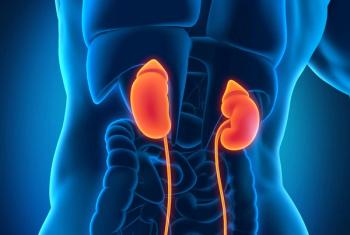
The TiNivo-2 trial found comparable PROs with tivozanib plus nivolumab vs tivozanib monotherapy in advanced clear cell RCC.

Data from a multiple myeloma mouse xenograft model demonstrated promising tumor regression activity from OPN-6602 monotherapy and in combination with standard of care agents.

The hood technique, developed by Ash Tewari, MD, aids in facilitating earlier returns of continence with reduced residual cancer rates.

Ahmad Tarhini, MD, PhD, and Hussein A. Tawbi, MD, PhD, discussed data from the RELATIVITY-047 and CheckMate 076 trial for patients with melanoma.
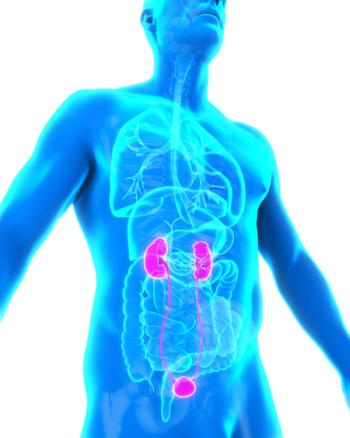
The phase 2 EPIC trial assessing patients with penile carcinoma met its primary end point of clinical benefit rate, with the lower bound of the confidence interval exceeding the null hypothesis limit.

Data from the ENVISION and ATLAS trials demonstrated clinically meaningful responses with UGN-102 in the treatment of low-grade, intermediate-risk NMIBC.
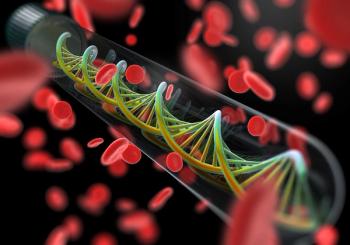
Results from the FELIX study showed that obe-cel induces high rates of MRD-negative remission in relapsed/refractory B-ALL, leading to improved EFS and OS.
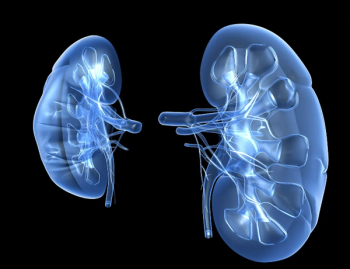
Efficacy results remained consistent with previous reports in the cabozantinib, nivolumab, and ipilimumab arm for patients with advanced renal cell carcinoma.
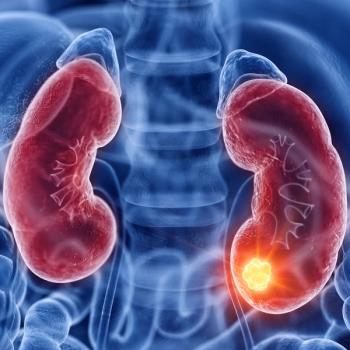
Nivolumab plus cabozantinib yielded a median PFS of 16.4 months compared with 8.3 months from sunitinib alone in the first-line treatment of patients with advanced RCC.
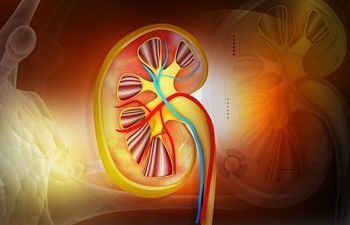
Greater responses were observed in a cohort of patients with renal cell carcinoma receiving lenvatinib plus belzutifan vs pembrolizumab plus lenvatinib.
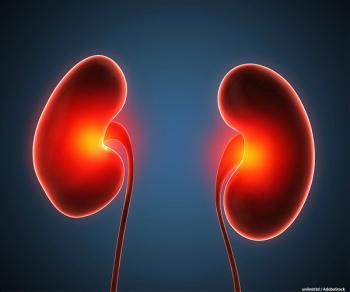
Investigators of a phase 2 study will continue to assess long-term efficacy and quality-of-life outcomes in those who receive lenvatinib/pembrolizumab.

Data from RELATIVITY-047 show consistent benefits with nivolumab/relatlimab across most patient subgroups, including those with BRAF-mutated disease.

Data from the EV-302 trial support enfortumab vedotin plus pembrolizumab as a new standard of care in frontline urothelial cancer.

The safety profile of dato-DXd in the phase 1 TROPION-PanTumor01 trial is comparable with prior reports of the agent.

During the 66th American Society of Hematology Annual Meeting and Exposition, experts in multiple myeloma gathered to discuss the impact of maintenance therapy and minimal residual disease (MRD) in patients with newly diagnosed transplant-eligible or -ineligible multiple myeloma.

Updated CARTITUDE-4 trial data show cilta-cel induces deep MRD negativity in patients with lenalidomide-refractory multiple myeloma.

Avelumab maintenance demonstrated improved survival outcomes in advanced urothelial carcinoma, including patients with diabetes, in the JAVELIN Bladder 100 study.

Artificial intelligence may act as a force multiplier, with the automation of menial tasks enabling more time for clinicians to engage with patients.
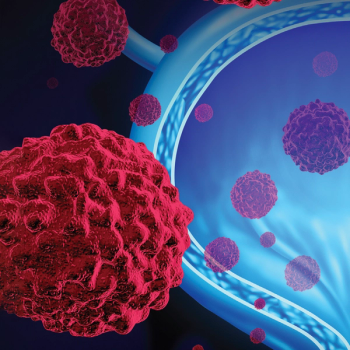
New data from a small retrospective analysis showed activity with enfortumab vedotin and pembrolizumab in UTUC lesions.

Patients with neuropathy experienced a longer PFS with enfortumab vedotin vs those without neuropathy, skin rash, or hyperglycemia.

Data from CheckMate-274 support adjuvant nivolumab as a standard of care in high-risk muscle-invasive urothelial carcinoma.

Investigators assessed the long-term outcomes of neoadjuvant chemotherapy plus chemoradiation in those with non-metastatic muscle-invasive bladder cancer.

Aditya Bardia, MD, discusses the FDA approval of T-DXd for HER2-low or ultralow metastatic breast cancer and its potential impact on treatment paradigms.

Vimseltinib elicited an ORR of 40% vs 0% of matching placebo in patients with tenosynovial giant cell tumor in the phase 3 MOTION trial.
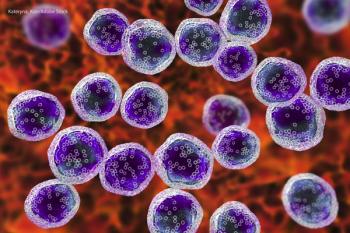
The toxicity profile of loncastuximab tesirine plus rituximab was consistent with prior clinical trials assessing each agent as monotherapy.

Patients who did not receive fish oil experienced a Ki-67 index increase of 24% vs the 15% Ki-67 index decrease for patients with a low omega-6, high omega-3 diet who received fish oil.
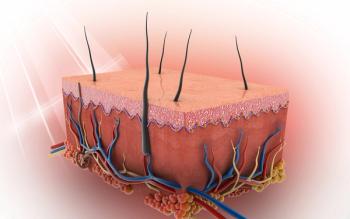
The safety profile of nivolumab plus relatlimab in patients with stage III/IV melanoma was consistent with the known profiles for each individual agent.